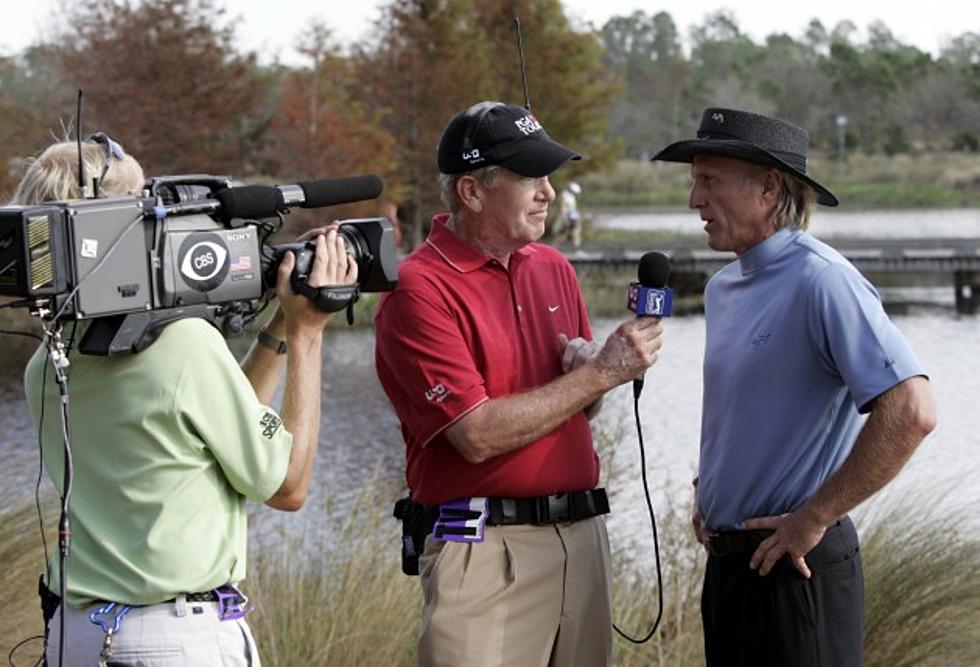
How To Get Noticed By The Media
Sooner or later you are going to need to generate some publicity for your business. When that time comes you are going to play a little game with the media. The difference between legitimate publicity and free advertising is a very fine line.
Please don't misunderstand; this is not a game of deception. No one is trying to pull a "fast one" on the other. Regardless of the media type, they are looking for a "news angle." If you are news, you will appear in the media. If you are not, you won't. The mere fact you are having a sale, is not news.
Here are some tips so you, and the media of your choice, can work together and both go home happy.
Each broadcast medium has an audience. The editors' purpose is to reach that audience with interesting articles, interviews and information. One of the most effective ways to promote your business is a local tie to a national event that is currently making news. If there is news making changes in your industry, let the media know that you are available as a local authority on the subject.
How to reach the right people. In big cities, a newspaper, radio or TV station may have a news editor, food editor, finance editor and sports editor. Nothing upsets them more to receive a press release that has nothing to do with their area of interest. In a small town the editor may also double as the reporter and news presenter. Make a simple phone call to the media of your choice and ask for the name of the person you need to contact.
Make sure they can reach you. The editor may have questions or need additional information about your business. Make sure you include all necessary information on how to contact you.
Get Their Attention. Why do you read a newspaper story? More than likely you were attracted to the headline. Start your news release off with an attention getting headline. Instead of "New marketing book announced by local author" try something like, "New book details marketing plan for business owners in small towns." Make your news valuable.
Include the essentials. Design your story as if it were a pyramid — with the most important information on top supported by the rest of the information on the bottom. Make sure you include, who, what, when, where, how and why in the first two paragraphs of the release.
Proofread and spell check. Do I really need to include this? Don't let bad grammar; typos and misspellings derail your story.
Two hundred words. Keep your release to two pages (approximately 200 words) or less. If you can't tell your story in that amount of space change it. Mark Twain once said, "I'd have written you a shorter letter but I didn't have the time." Take the time to make it short and concise.
Some Final Thoughts
Don't be discouraged if the media decides not to use your story. They have a limited amount of space and/or time. If at first you don't succeed, — try, try, again.
More From KMMS-KPRK 1450 AM









